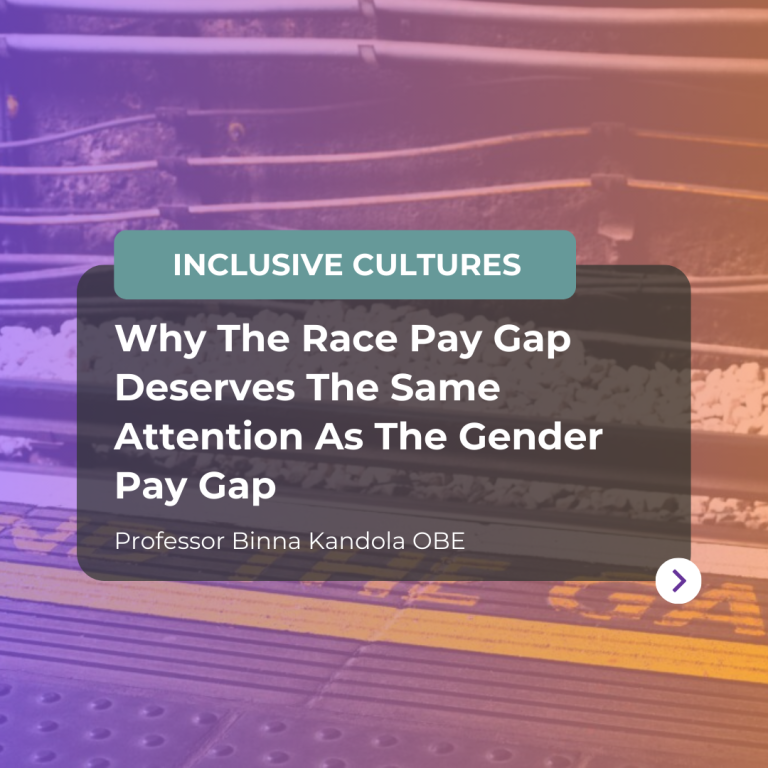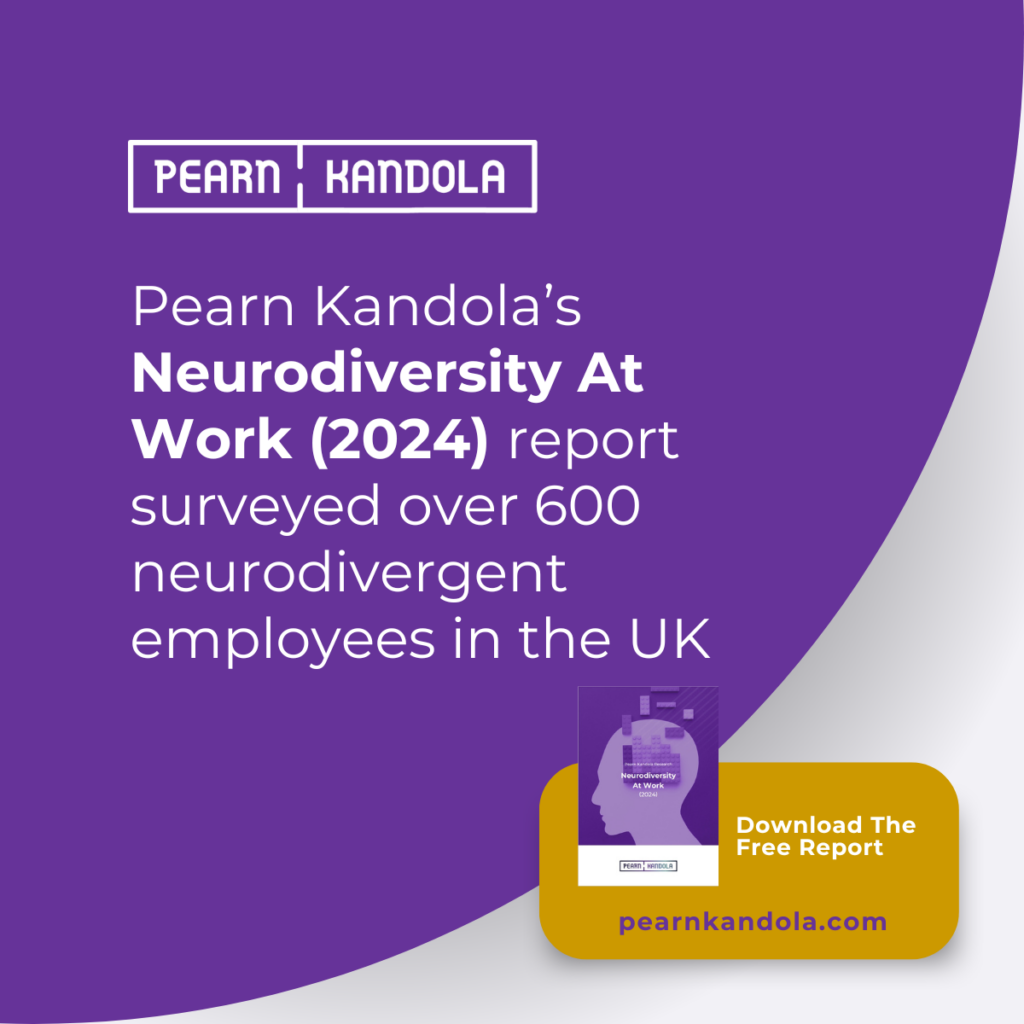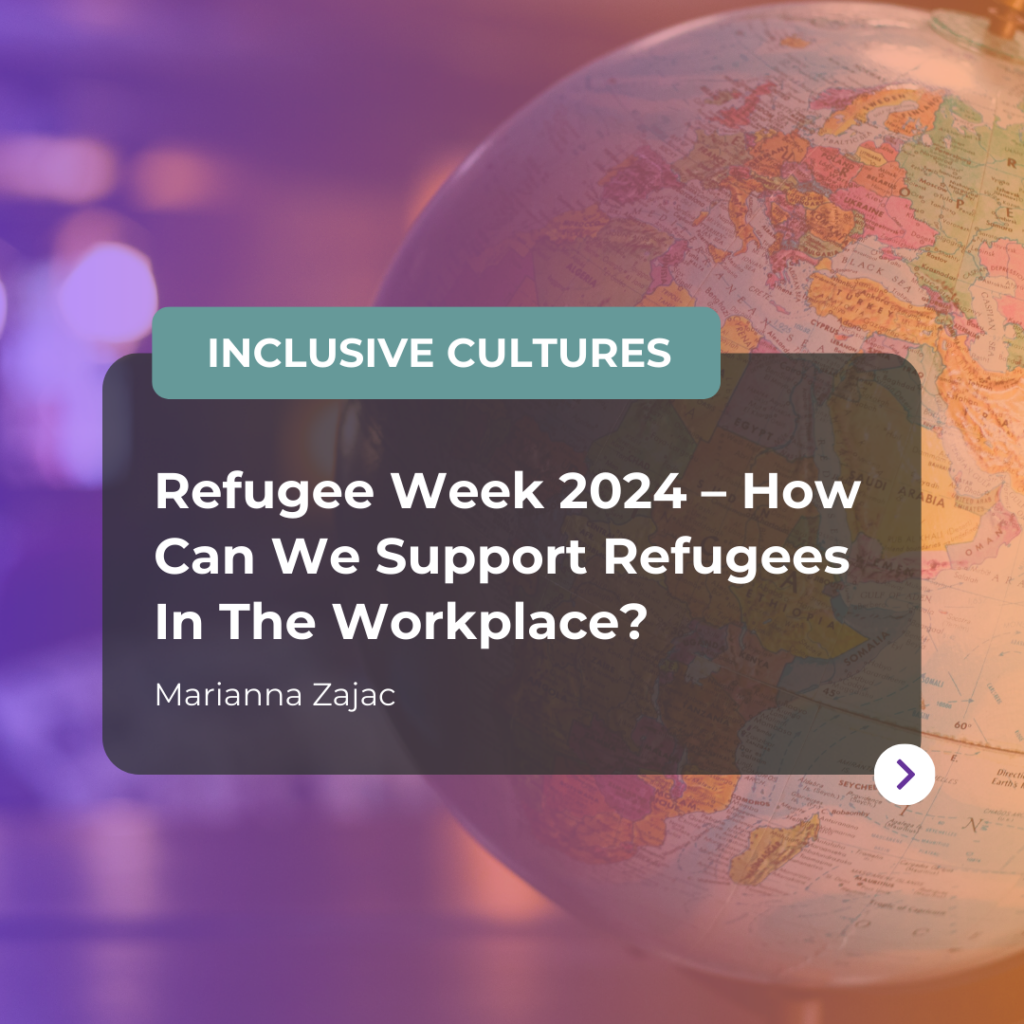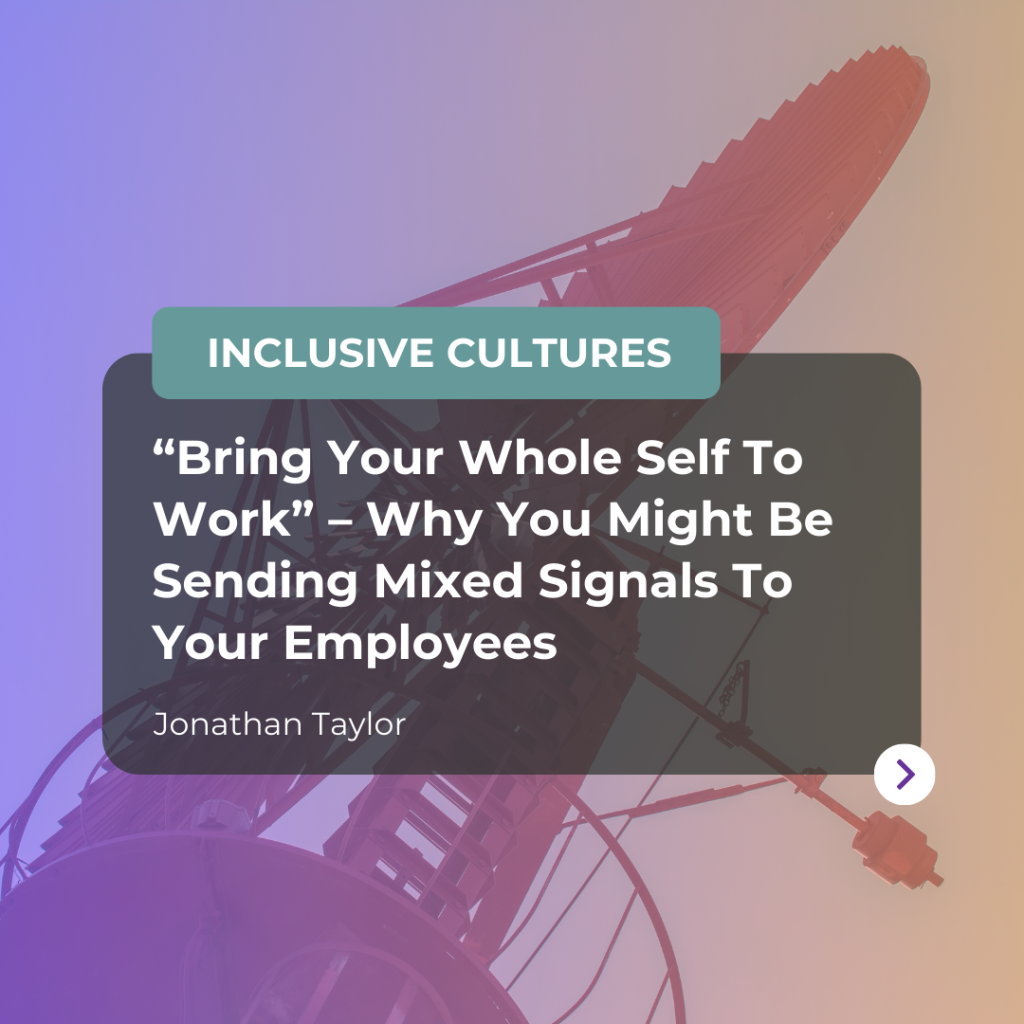In 2018, the gender pay gap took up a lot of column inches. Whether it be large businesses having to publicly declare their pay discrepancies, or well-known figures like Jodie Whittaker confirming that she’ll receive the same pay for her role as Doctor Who as her male predecessors, the pressure has been rising and change seems to have begun.
But gender is not the only cause of pay discrepancy; there’s another pay gap just as damaging that hasn’t received anywhere near as much media attention. That is, until Theresa May announced that businesses may have to reveal their race pay gap, in the same way that they did their gender pay gap.
There’s a long history of BAME (black, Asian and minority ethnic) people being paid less than their white colleagues. Analyses of pay by race have been carried out in many countries, and the similarity of the results is striking. Generally speaking, in every walk of life, in every craft and profession, minorities are consistently paid less than white people.
In November 2017, the BBC found itself at the centre of a significant gender pay gap scandal. Whilst its race pay gap was just as, if not more, prevalent, far less attention was given to it. The average white male earned:
- four and a half times more than the highest earning white female
- seven and a half times more than the highest paid minority male
- nine times more than the highest paid minority female
The BBC is by no means a lone example, though. Independent Television News (ITN) IN 2018 revealed mean ethnicity pay gap of 16% which rose to 66% for bonus payments
The lack of attention given to the race pay gap is highlighted when one looks at organisations’ responses to dealing with it. Global professional services firm, PwC, also revealed a pay gap of 13% between its BAME and white staff. This gap is almost as substantial as the firm’s gender pay gap of 14%.
As conversation has turned to opposing this injustice, we must ask why it exists in the first place. PwC’s senior partner, Kevin Ellis, commented on his company’s race pay gap that it “is entirely driven by the fact that there are more non-BAME staff in senior higher-paid roles and more BAME staff in junior administrative roles.”
This admission suggests that people are in fact being paid the same, regardless of race. Minority and majority staff simply happen to be doing different jobs – and so it’s nothing to do with racism. This complacent and comforting (to PwC’s partners at least) theory forces us to ask another question; why are the majority of BAME people not achieving the same opportunities as their white colleagues?
The BBC responded to the issue by introducing a ban on all-white shortlists for jobs above a certain grade. PwC has taken a similar approach in response to its gender pay gap, banning all-male shortlists to boost its number of senior women, though it hasn’t taken steps to address its race pay gap. So whilst PwC saw the need to address the gender pay gap, its response to its race pay gap was characterised by its inaction.
We also need to ask the question as to whether targets will resolve the problem.
First we must recognise that targets and quotas are not new. What’s new is the way that both PwC and the BBC have reframed their policies to create more impact. Rather than simply saying “we must always have a diverse shortlist,” they’re actively getting rid of shortlists that are all-white and all-male.
Second, we must understand that it’s relatively easy to subvert these policies. Advocates might refer to the Rooney Rule in the US, which was passed to ensure that more BAME candidates were being considered to coach NFL teams. Whilst there is success in American football, elsewhere, experience tells us there are more failures than successes. Having someone on a shortlist is not the same as appointing them. To address the race pay gap, as well as the gender pay gap, we need to look at the way we assess performance, develop people and provide opportunities for progression.
The truth is, we’re all at risk of bias
There’s a tendency, possibly unwitting, in the workplace for managers to evaluate favourably someone who is like them. Based on superficial characteristics such as skin colour, it is assumed that they will have more in common with someone similar to them. In turn this makes it easier to connect on a personal level and the individual will glean more opportunities for mentorship, to take on more responsibility and to prove themselves.
Considering that the majority of senior roles are filled by white people, this would suggest that white staff are given preferential treatment and are able to climb the ladder more quickly. For example, research has shown that minorities are less likely to be given timely and accurate performance feedback by managers. This could happen because managers are wary of giving negative feedback for fear of being accused of discrimination, however it could also indicate that the manager’s not as aware or concerned in improving the person’s performance and developing them further. Both have the same impact and can prevent the employee’s earning potential and opportunities to progress.
Lack of development means lack of opportunities for progression
Bias can still occur in even the most systematic and formalised of assessment and evaluation purposes simply because people themselves are the problem within these processes, and businesses can be reluctant to confront that fact. None of us is as objective as we believe we are, and none of us wants to believe that we make judgements about people based on their ethnicity. As a consequence, minorities are more likely to be found in roles which have fewer opportunities for progression and which ultimately pay less.
The Prime Minister rightly recognised and pledged to tackle the race pay gap. It’s an issue that should be opposed as passionately as the gender pay gap. If businesses are made to publicly reveal the difference between their white and BAME employees’ pay, I’m sure it would come as just as much of a revelation as the gender pay gap did last year. Once the full scale of its injustice was cast in the cold light of day, pressure would need to be applied to the offending organisations to correct it.
Eye-catching as target setting policies are, to truly solve this problem, we must address the lack of opportunity for BAME people to advance to more senior positions. Performance evaluations, career development and line manager support are all crucial ingredients, and the people operating these systems must receive the training and support required to conduct these processes with career and accuracy.
This article is part of our series about Racism at Work: The Danger of Indifference, our latest book. If you would like to purchase a copy, go to our website or Amazon.








